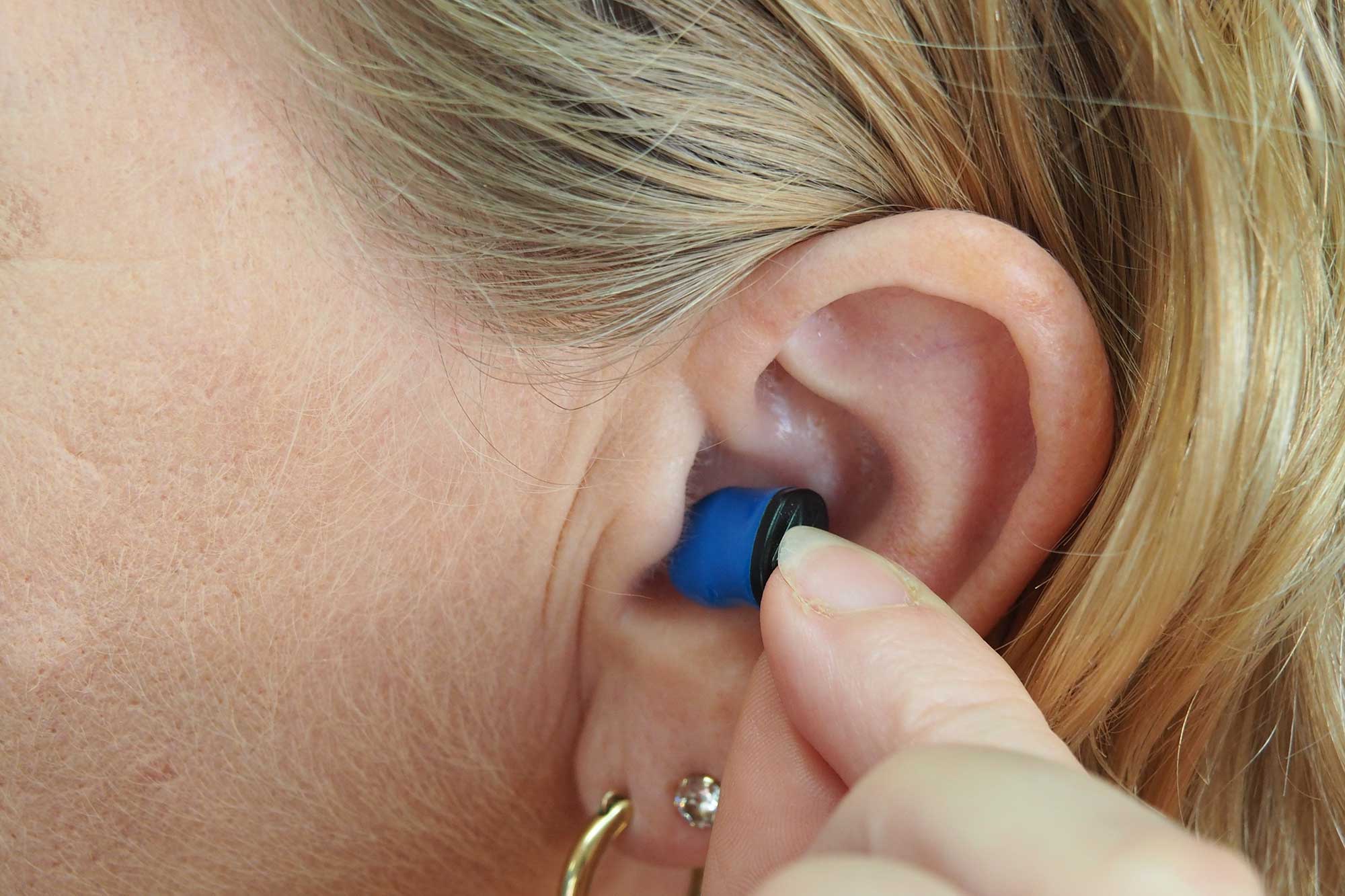
Despite the life-changing benefits that hearing aids can bring to those with hearing loss, many remain hesitant when it comes to pursuing them. That hesitancy can come from a variety of factors, most notably the unfair shame and stigma that often surround hearing aids, and the lack of hearing healthcare coverage provided to US employees to help cover the cost.
Hearing loss is an invisible challenge that takes courage to share, especially with an employer. Concerns about disclosing can take a toll on mental health, in addition to inciting fear that workplace skills will be questioned. In fact, according to a recent survey by TruHearing, the market leader in hearing healthcare benefits, prior to wearing hearing aids, the top workplace concern (56%) among those who now wear hearing aids was how their professional capabilities would be perceived by their colleagues.
A common misconception is that only older people experience hearing loss. The reality is 17% of adults between the ages of 25-64 report having hearing loss and an additional 25% suspect they have hearing loss. Due to this misconception, many employers may not be aware of the number of employees who experience hearing loss, and those who do experience it may be reluctant to acknowledge it.
“Hearing loss is stigmatized as something that only impacts people later in life, which can cause many young people to put off treatment,” said Tommy Macdonald, CEO, TruHearing. “If hearing care was prioritized the same as vision care, we would see an increase in younger people pursuing treatment that is ultimately going to make their life, job, and everyday communication easier.”
Being perceived as old was the second highest concern among employees prior to wearing hearing aids (44%), which was tied with people speculating that they had hearing loss (44%). However, after getting hearing aids, many of these concerns were eliminated, with 58% of employees indicating they no longer had any concerns in the workplace, and nearly half of these employees (49%) reported increased feelings of inclusion, which highlights the importance of providing employees with access to treatment.
“People don’t think twice about pursuing treatment for vision problems or showing up to work with glasses, yet many of those with hearing loss continue to put off treatment despite the fact that hearing aids can help address their top concerns,” said Macdonald. “Both glasses and hearing aids enhance employee’s productivity and I hope that employers will take the necessary steps to recognize that in order to normalize hearing aids for those who need them.”
About TruHearing
TruHearing is the #1 market share leader in hearing healthcare benefits serving more than 160 million people and over 300 partners nationwide. With more than 18 years of experience, TruHearing has the expertise to create industry-leading hearing healthcare solutions customized to match the unique needs of any organization or market segment. Guided by a goal to reconnect people to the richness of life, TruHearing has developed the largest, high-quality provider network offering the most technologically advanced hearing aid selection. TruHearing delivers superlative value to ensure payers and their members receive a flawless experience every step of the way. Headquartered in Draper, Utah, TruHearing has been recognized as a “Top Workplace” in the state for six consecutive years.
Article source: https://www.truhearing.com/articles/us-employees-dont-prioritize-hearing-health/







Get Social